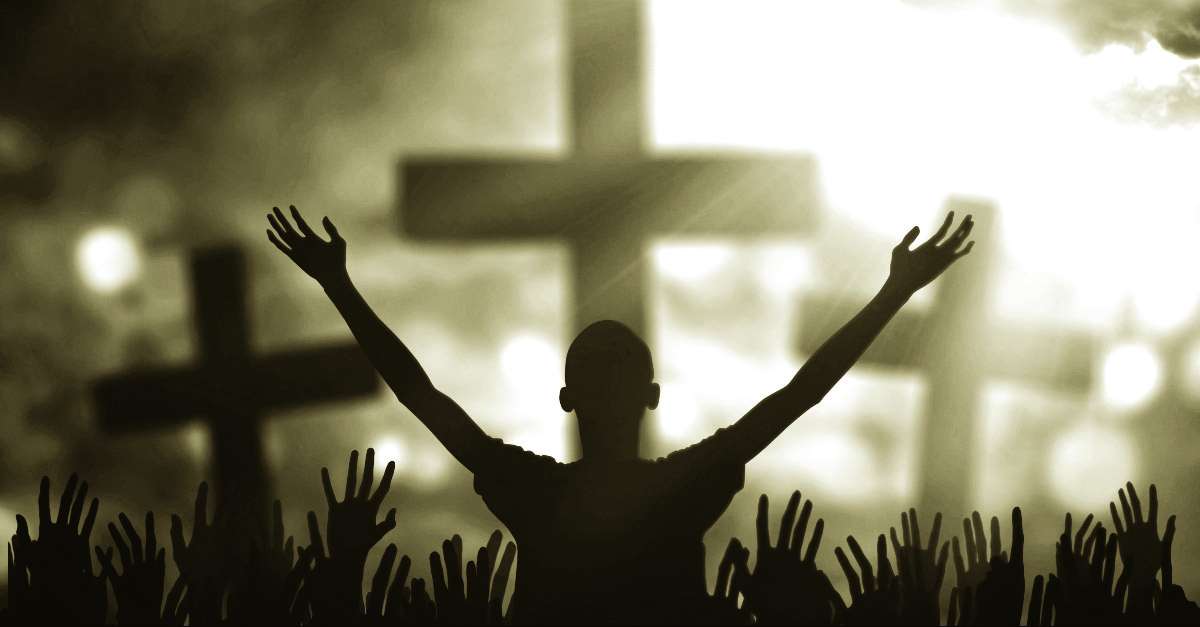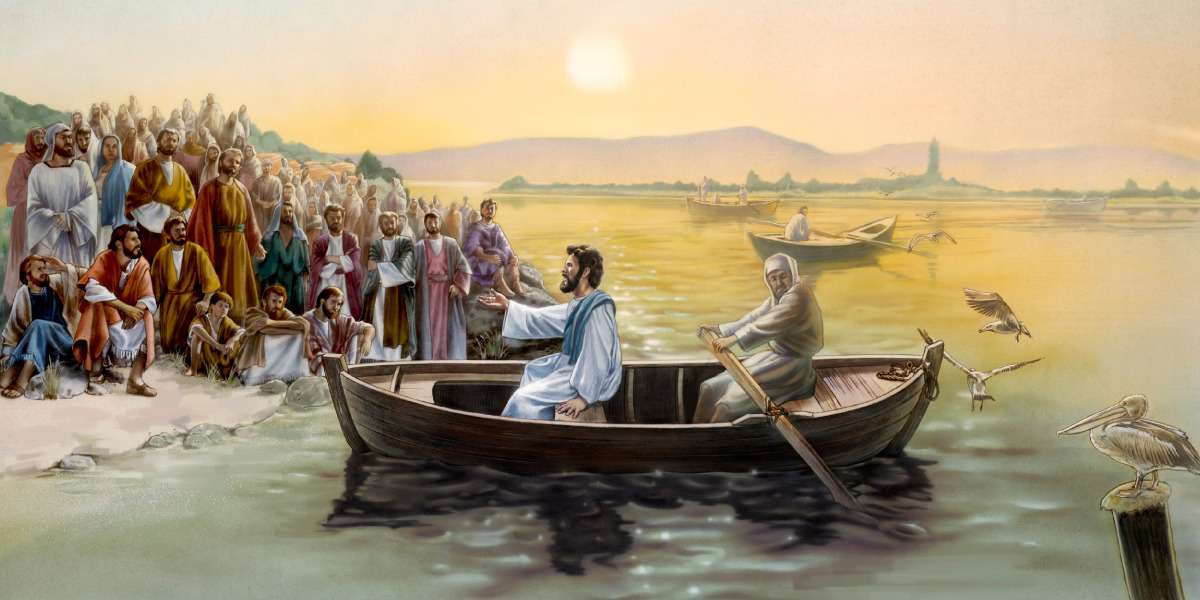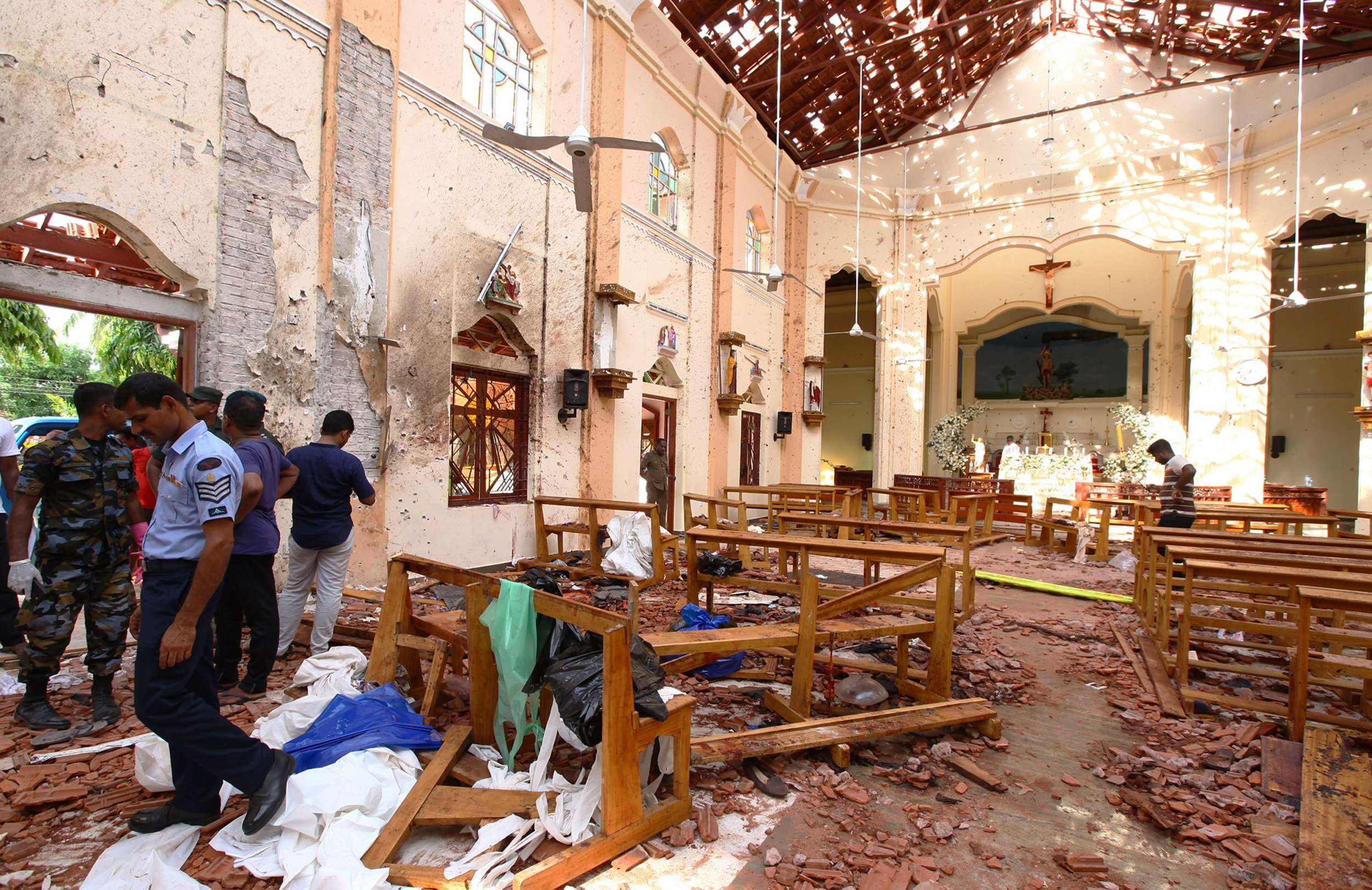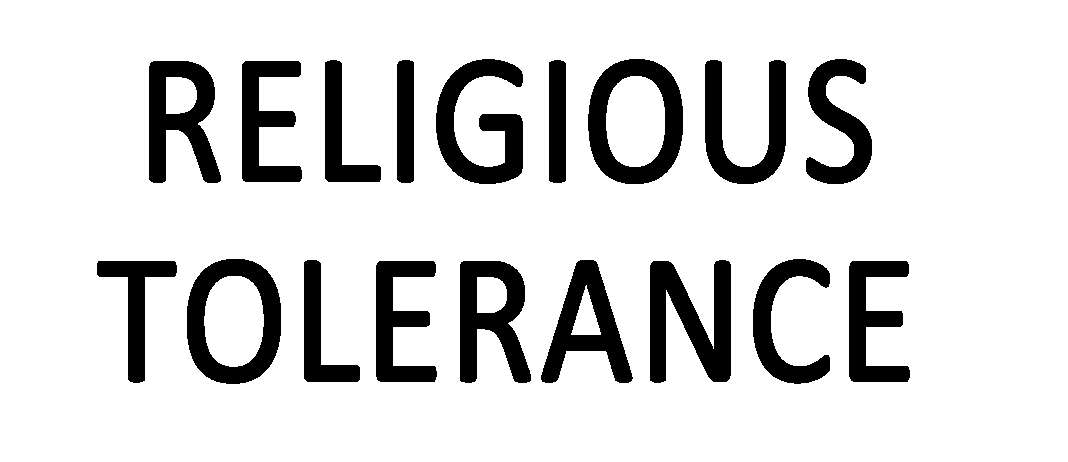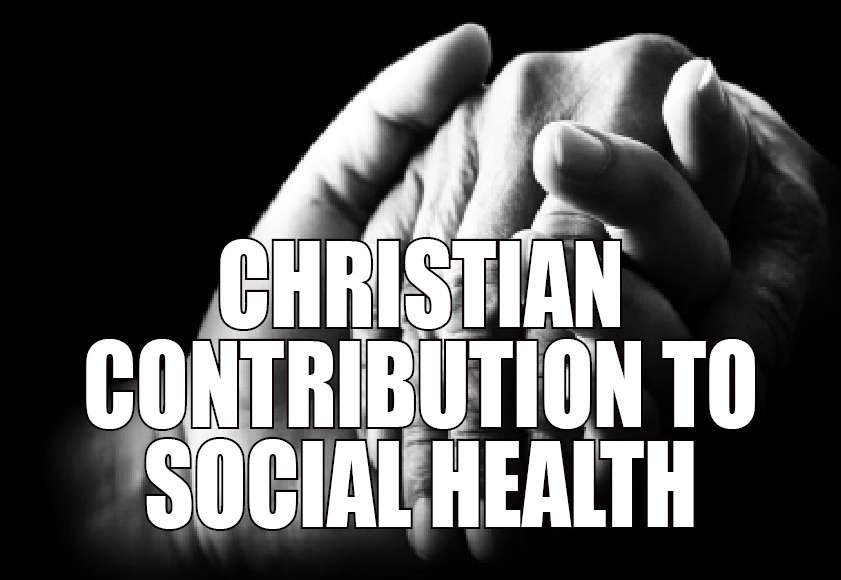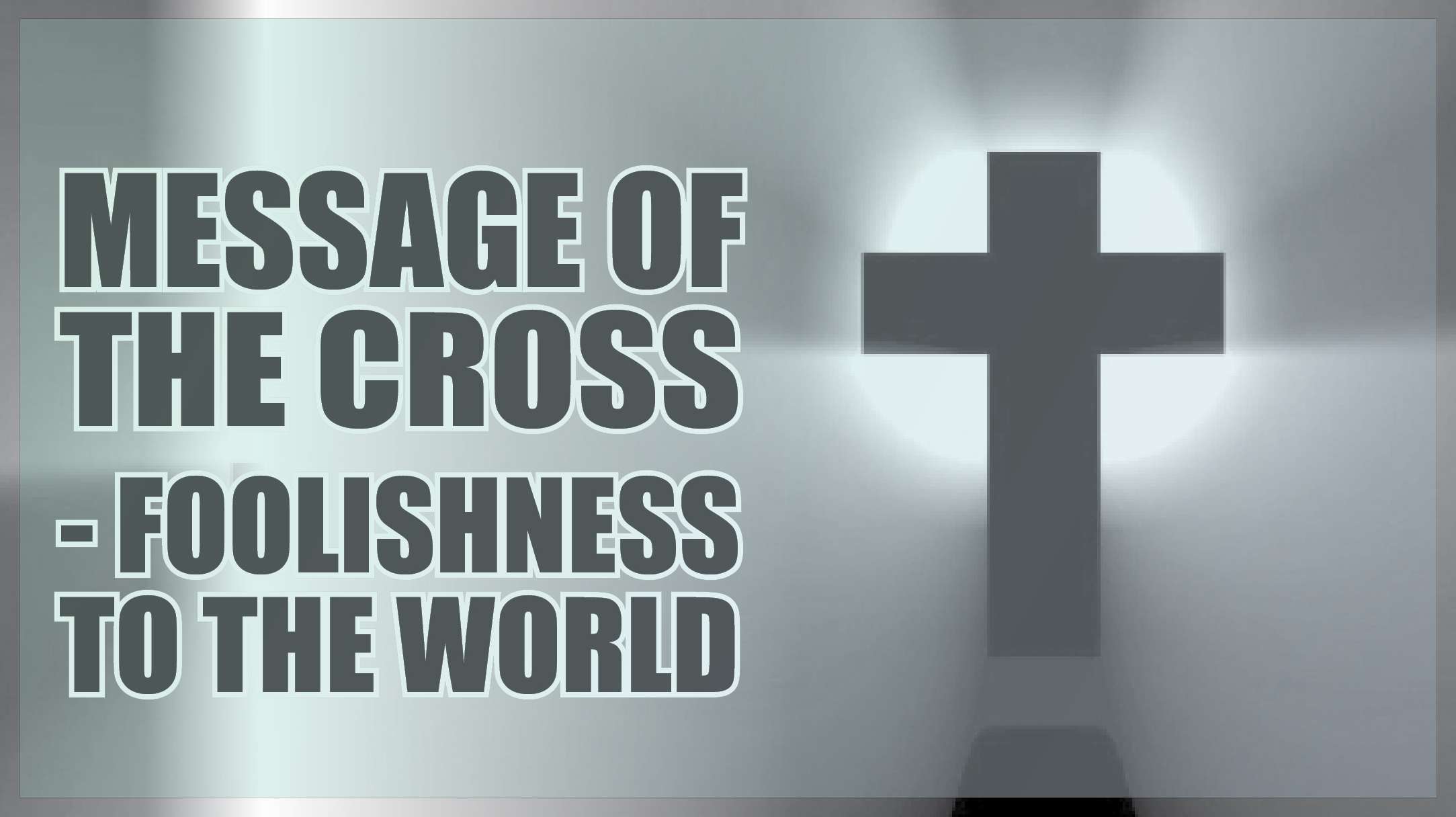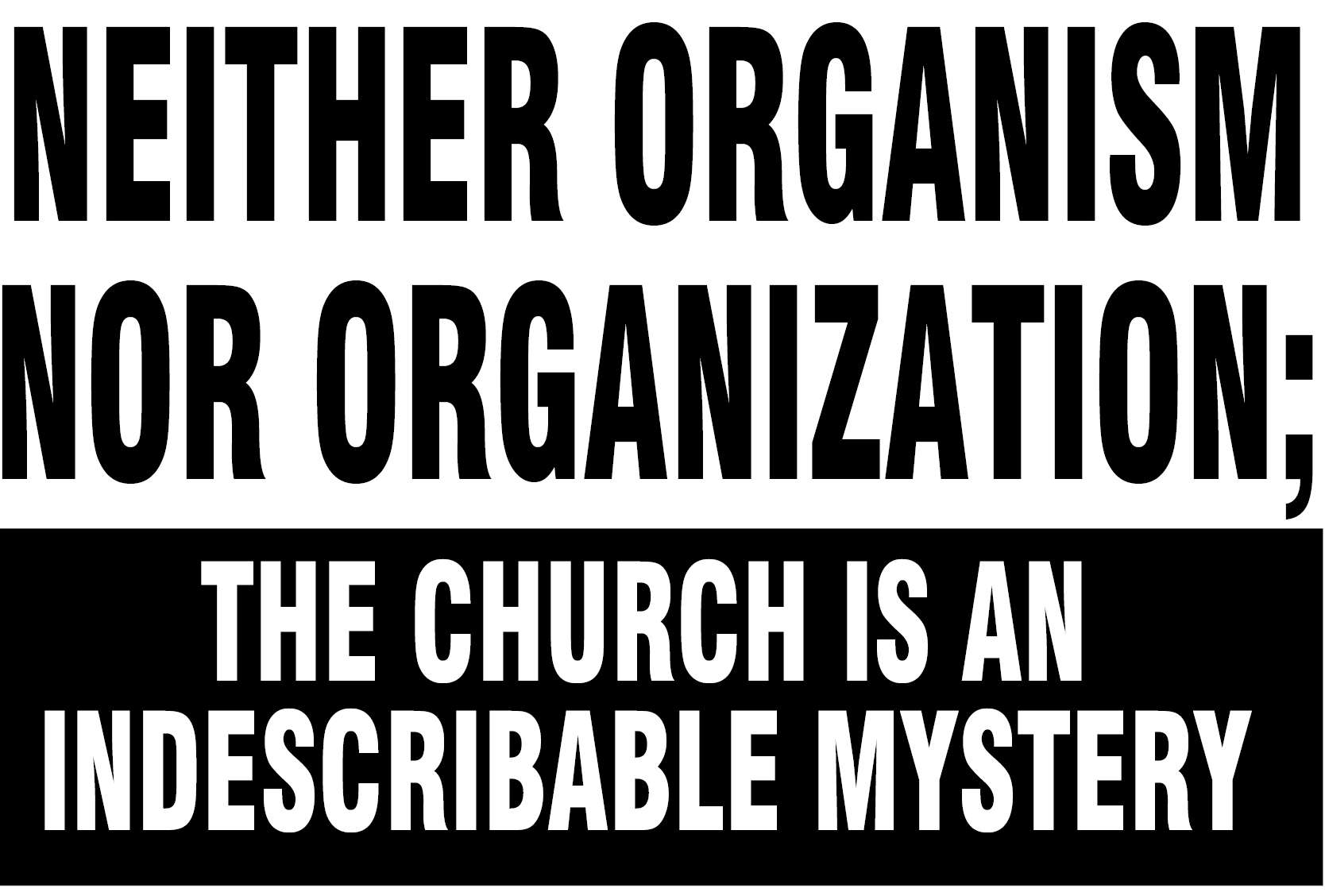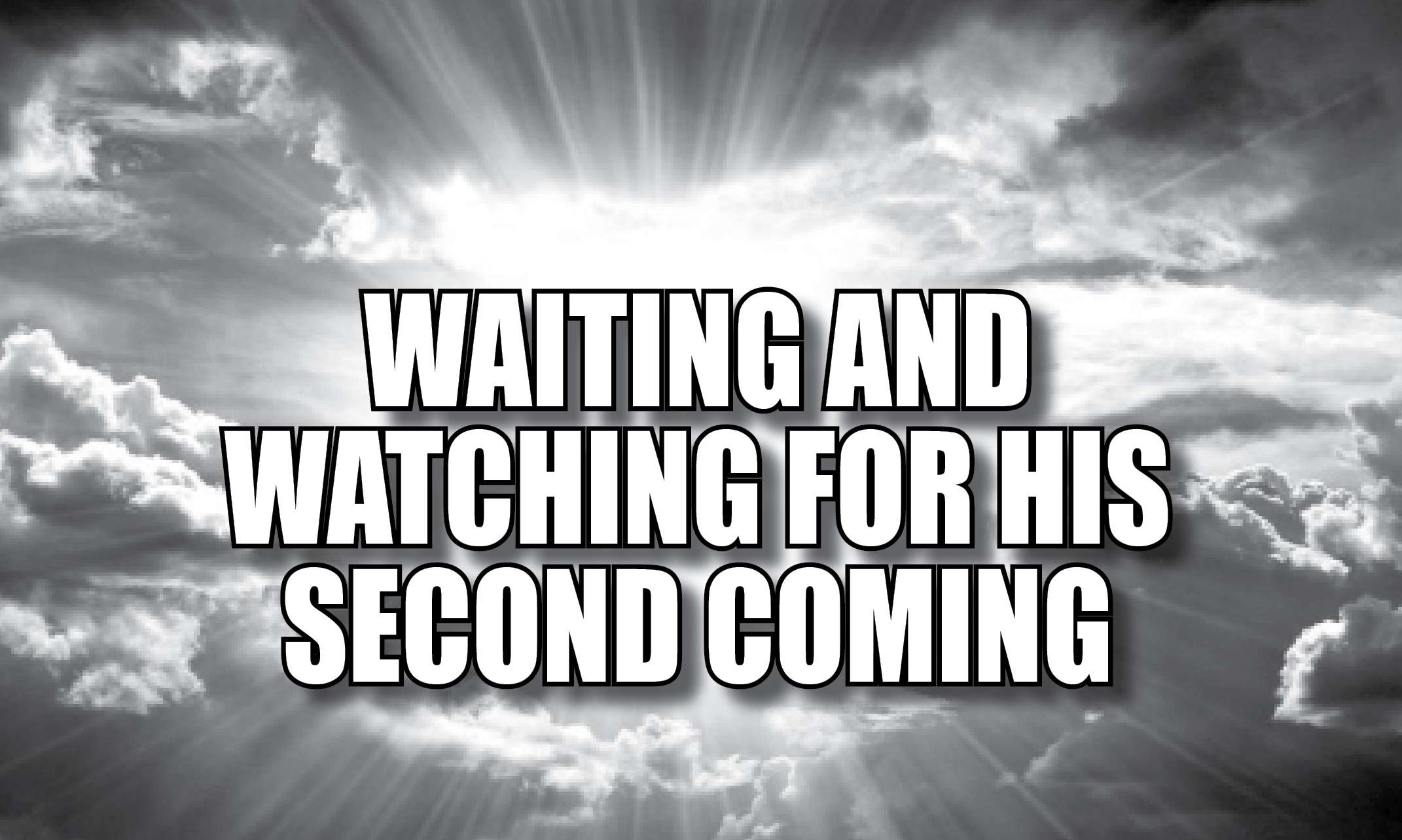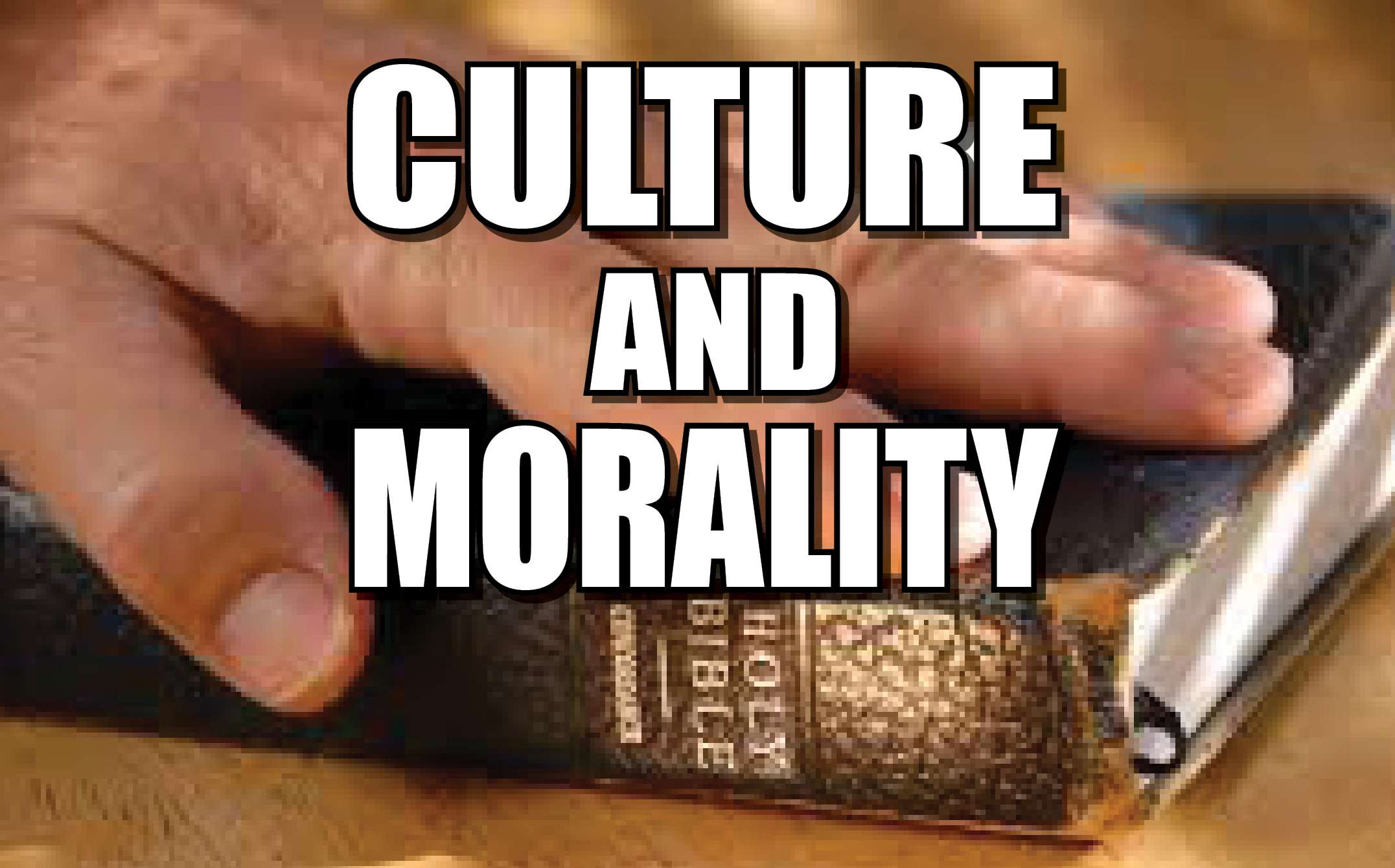

COVID-19: A Christian Response
Dr. J. N. Manokaran
Covid-19 has taken over the world.
The outbreak of the corona virus disease that started end of 2019 has emerged as a global pandemic by March 2020. Since World War II, it is Covid 19 that has held the attention of mass and social platforms and newspaper headlines for such a sustained period of time. All other news has faded into its background.
The whole world is shaking and trembling - gripped with fear and anxiety. There are, of course, doomsday prophets; as well as ‘ostrich’ proponents, misguiding religious leaders and sane scientists giving their own piece of ‘bytes’ on television and social media.
1. Disease – disobedience to natural laws
Disobedience of the first human couple, Adam and Eve, brought all curses including sickness upon human race. Human fall made the world imperfect.
Infections, weaknesses, lack of hygiene, indiscipline in eating habits etc are some causes of sickness.
Sometimes, sickness could be inflicted by Satan as in the case of Job. (Job 2:7,8) God vouched for the integrity of Job and allowed Job to be tested by Satan, who chose sickness as one of his tools for testing.
2. Disobedience to spiritual laws
Disobedience to spiritual laws also invites adverse consequences. Violation of God’s Ten Commandments, selfishness, pride, rebellion, stubbornness, lack of faith also are causes of sickness that affects body, emotions, mind and spirit.
3. Disability and accidents
There are some accidents that cripple or makes a person chronically ill. Wrong medicine has made some people blind. Medical negligence caused blindness to Fanny Crosby when she was six weeks old. Amy Carmichael, had a fall and was bedridden from 1931 until her death in 1957. Both women excelled as song-writers and devotional writers, blessing millions and lifting millions out of depression and helping them find peace in God.
4. Deterrent and punishment
God uses sickness to catch our attention and warn us from going astray. C.S. Lewis wrote: “We can ignore even pleasure. But pain insists upon being attended to. God whispers to us in our pleasures, speaks in our conscience, but shouts in our pains: it is his megaphone to rouse a deaf world.”
5. Divine wrath and judgement
David’s son had to die because of his adulterous relationship with Bathsheba. (II Samuel 12:23). David’s fasting and prayer for the life of his son did not bring any answer from God.
6. Discern God’s purpose
“Jesus answered, “It was not that this man sinned, or his parents, but that the works of God might be displayed in him.” (John 9:3).
Human fall, sin and depravity could bring God’s wrath, however, His grace is abundant and the result would be the ‘glory of God’ displayed.
Christian Response
1. Reflect in the light of the Bible:
The only ultimate reference point for all questions is the Holy Scripture. Even in the age of Knowledge and Information, Revelation is the only way to know the Truth. Infinite mind cannot search and understand infinite God and His marvellous works. Hence, at times of trouble, it is essential to ‘search the Scripture’. Prophet Jeremiah gives a call to the nation of Israel, when Jerusalem was ruthlessly destroyed by Babylonians. “Let us test and examine our ways, and return to the Lord!” (Lamentations 3:40).
Prophet Haggai also gave a similar call: “Thus says the Lord of hosts: Consider your ways.” (Haggai 1:7)
2. Repent from sin
This a time when we are called to repentance - as individuals, as families, as communities, societies and nations. Sins of corruption, castesism, division, regionalism, language chauvinism, lack of vision, lack of burden, lack of mission in church should be mourned, repented and prayed for.
‘People of God’ – the Church should be the first to repent on behalf of the all people. “If my people who are called by my name humble themselves, and pray and seek my face and turn from their wicked ways, then I will hear from heaven and will forgive their sin and heal their land.” (II Chronicles 7:14).
Daniel confessed sins on behalf of the nation of Israel. (Daniel 9:5)
3. Reject unrighteousness
Confession of sin is wedded with ‘forsaking of sin’. Confession is not creating an opportunity to sin again, instead it is ‘forsaking’ for good every sin and leading a holy life.
All kinds of ‘unrighteousness’ that is permitted in culture and society should be rejected.
4. Receive the Lord Jesus
Lord Jesus knocks at the door of our heart. (Revelation 3:20) At times like this the knock is ‘loud and clear’. Do we welcome Him? As there was no place at the ‘Inn’ in Bethlehem, there is no space for Lord Jesus Christ in most of our lives. He may have place in our minds, but not in our hearts. Our silly, stubborn and stupid hearts should be transformed into sensitive, simple and sensible hearts.
5. Reconcile with all
The ministry of reconciliation (II Corinthians 5:18) is for the Church. We must invite sinners to be reconciled with God. This leads to reconciliation with one another. No hate, no bitterness, no enmity, no envy, no anger, no revenge; instead, love, joy and peace must dominate and govern our lives. This is the time to put away all ‘yeast’ of the Pharisees.
6. Rest from worry, fear & doubt
This is a time to exercise faith. Our Lord Jesus Christ rebuked disciples for ‘little’ or ‘feeble’ faith. The reasons for such meager faith were: worry (Matthew 6:25-33), fear (Matthew 8:26) and doubt. (Matthew 14:31)
7. Repurpose life: either fear and flee or sacrifice and save
This is the time to take a hard look on our life, meaning and purpose. In such circumstances, should we escape? God appointed leaders in the church or government cannot flee. Pastors, elected representatives, social workers, doctors, nurses and such other public servants cannot run away. They ought to serve like ‘Good shepherds’ up to the point of death. (John 10:11,16)
Local churches should think, how they can practically get involved and encourage congregation to be volunteers in the community service.
8. Rejoice in the Lord
In such circumstances, we know that our Lord’s Coming is near. Or perhaps our death. The day of redemption has drawn near. Hence, anticipation of joy, glory and eternal life in His presence can help us to rejoice in the Lord. (Philippians 4:4)
9. Re-think the future
With this experience, we cannot be confident or sure about tomorrow. (James 4:15). Life is fragile, hence prayerfully decide and re-prioritize all aspects of our life. Use this time to re-think the purpose of life and re-structure where needed and plan for the future.
10. Renewal
This is time for personal renewal: in our spiritual, mental, emotional and physical realms.
Re-discover our ‘first love’ for the Lord. (Revelation 2:4)
Practical action points
• It is wise to choose a book of the Bible, like Ephesians, Job or Daniel - read it several times, making special effort to study and understand it in-depth.
• There are books we purchased, but could not find time to read, this is the best time to clear such backlog.
• Re-arranging personal office, study place, shelves, wardrobe etc.
• Cleaning, colouring, re-setting, repairing to be done as family.
• Going down memory lane, by organizing all photos, talking with one another as family and reminiscing all those days, expressing gratitude for God’s faithfulness.
• Time to make phone calls and catch up with friends and dear ones on social media and re-establish relationships and friendships.
• Neighbours have become strangers as we were all busy, use this opportunity to become at least ‘known-strangers’.
• Children can be taught the importance of living without gadgets, by helping them to read and do other activities, that are healthy, knowledge giving and skill enhancing.
• Revisiting old hobbies and making them alive.
• Retrieving songs that we forgot to hear, and once more hear and relish them.
• Learning new skills - the elderly can learn computer and smart phone usage from teens. Remember, Isaac Newton was at home, escaping a plague, when apple fell on his head to discover ‘gravity’. May God help you to discover new facts, truths and information.
Challenge
The Church has always been the ‘healing community’ in the broken world. In medieval times, ‘monasteries’ in Europe were ‘cities of refuge’ offering hope for humanity, providing education and special selfless and sacrificial service for sick.
Like the monks who demonstrated Christian love in their times of distress, shall we Christians of today rise up to this occasion to prayerfully meet and counter this COVID-19 challenge? Our YES, will certainly bring radical blessings to our communities and nations.





